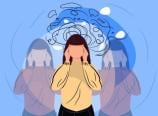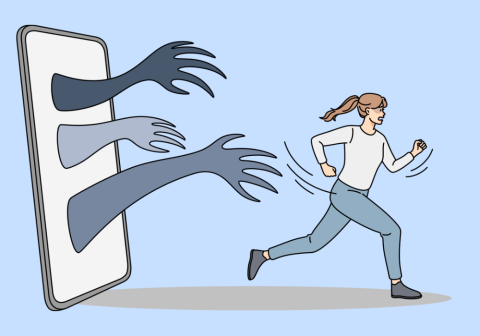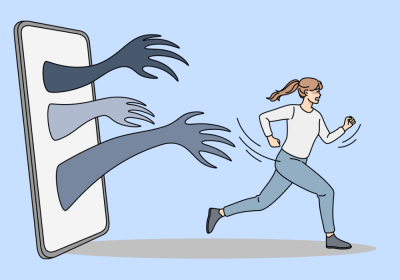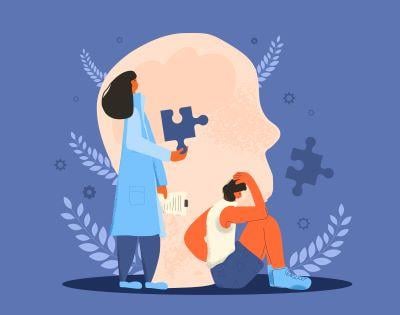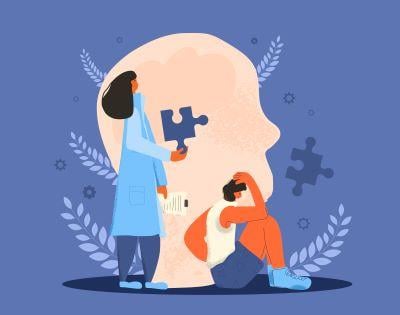Traumatic Experiences: Getting Stuck and Unstuck
Traumatic Experiences: Getting Stuck and Unstuck
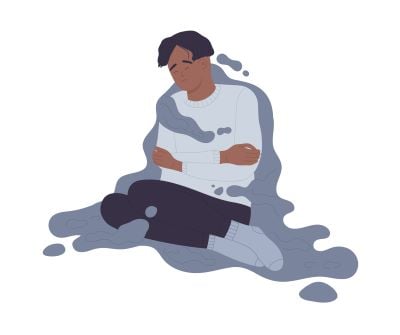
Traumatic events and other difficult experiences can have long-lasting effects on mental health and well-being. While most people who suffer a trauma naturally recover over time, for others mental health difficulties continue and may trigger full-blown depression, post-traumatic stress disorder (PTSD), substance use disorders, anxiety disorders, and/or other problems that interfere with healthy daily functioning. Individuals may become “stuck” in the memory of the trauma and may report feeling haunted by it. This feeling of being trapped by the experience leads many people to avoid thinking and talking about it and to avoid situations, people, or places that remind them. This can have a disastrous effect on daily life and mental health.
Many years of research (much of which has been conducted by the authors of this post) have shown that people who try to avoid memories and reminders of difficult experiences have more symptoms of PTSD and depression, and other problems over time. Mental health providers often use the example of the “pink elephant.” It may sound familiar. The idea is that if I ask you to think of anything except a pink elephant, of course, the only thing you can think of is a pink elephant. Difficult memories can be like that pink elephant—the more you try to not think about them, the more often and intensely they come to mind. On the other hand, those who work to approach emotions and work through difficult memories—rather than avoiding or repressing them—gradually regain a general sense of well-being and tend to fare better over time.
The saying “time heals all wounds” is only partially true. For those who emotionally process what happened and gradually approach and reengage in life, time does heal; but for those who avoid, time typically compounds suffering, and problems get worse. Some people turn to substances to help them avoid or dampen uncomfortable emotions, and substance use can become a slippery slope for some and lead to other problems.
If you are interested in more in-depth information on the impact of trauma and PTSD and effective treatments, our book PTSD: What Everyone Needs to Know, provides a concise review of what we know about this common and impactful mental health issue in an easy-to-read format. A person does not need a formal diagnosis of PTSD to be severely troubled by a traumatic event. We have a new workbook, Making Meaning of Difficult Experiences, to help people move past troubling events even if they do not have PTSD.
Most of us will naturally recover after a stressful or traumatic experience by talking about it, thinking about it, and maybe crying about it. But if it gets stuck and doesn’t seem to be getting better, it is important to pay some attention to emotionally processing it rather than avoiding it.
Copyright Barbara O. Rothbaum, Ph.D. & Sheila A.M. Rauch, Ph.D.



